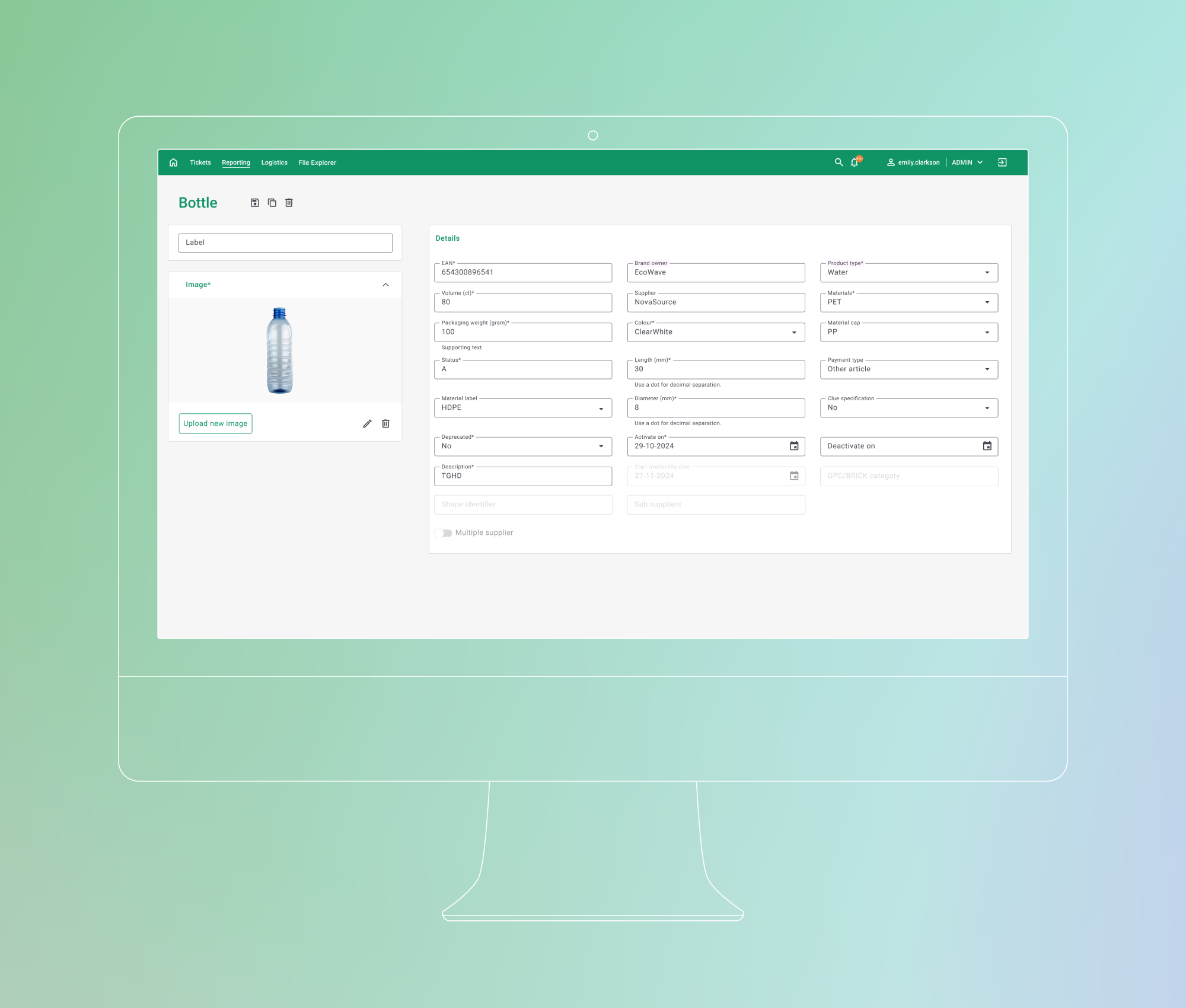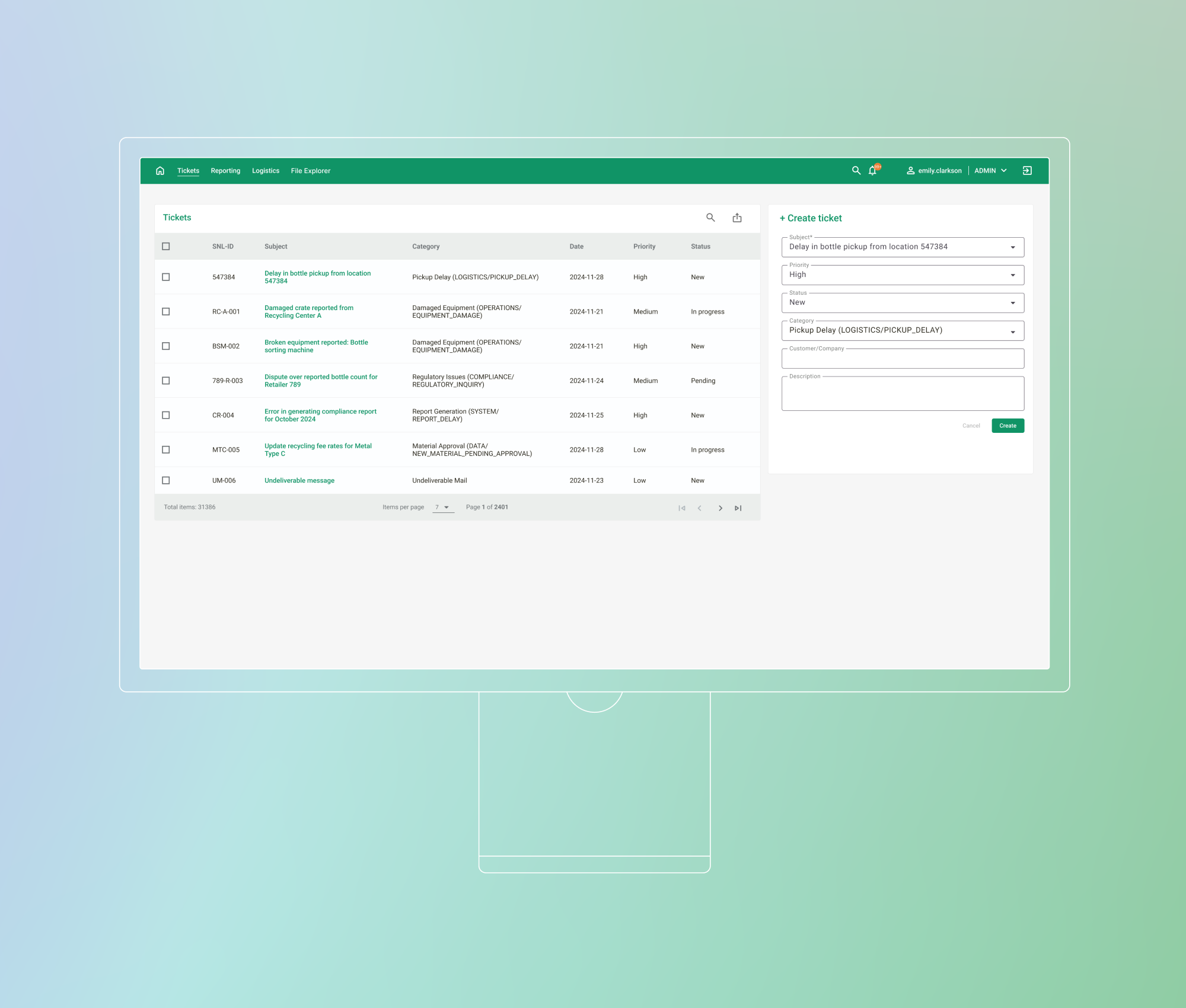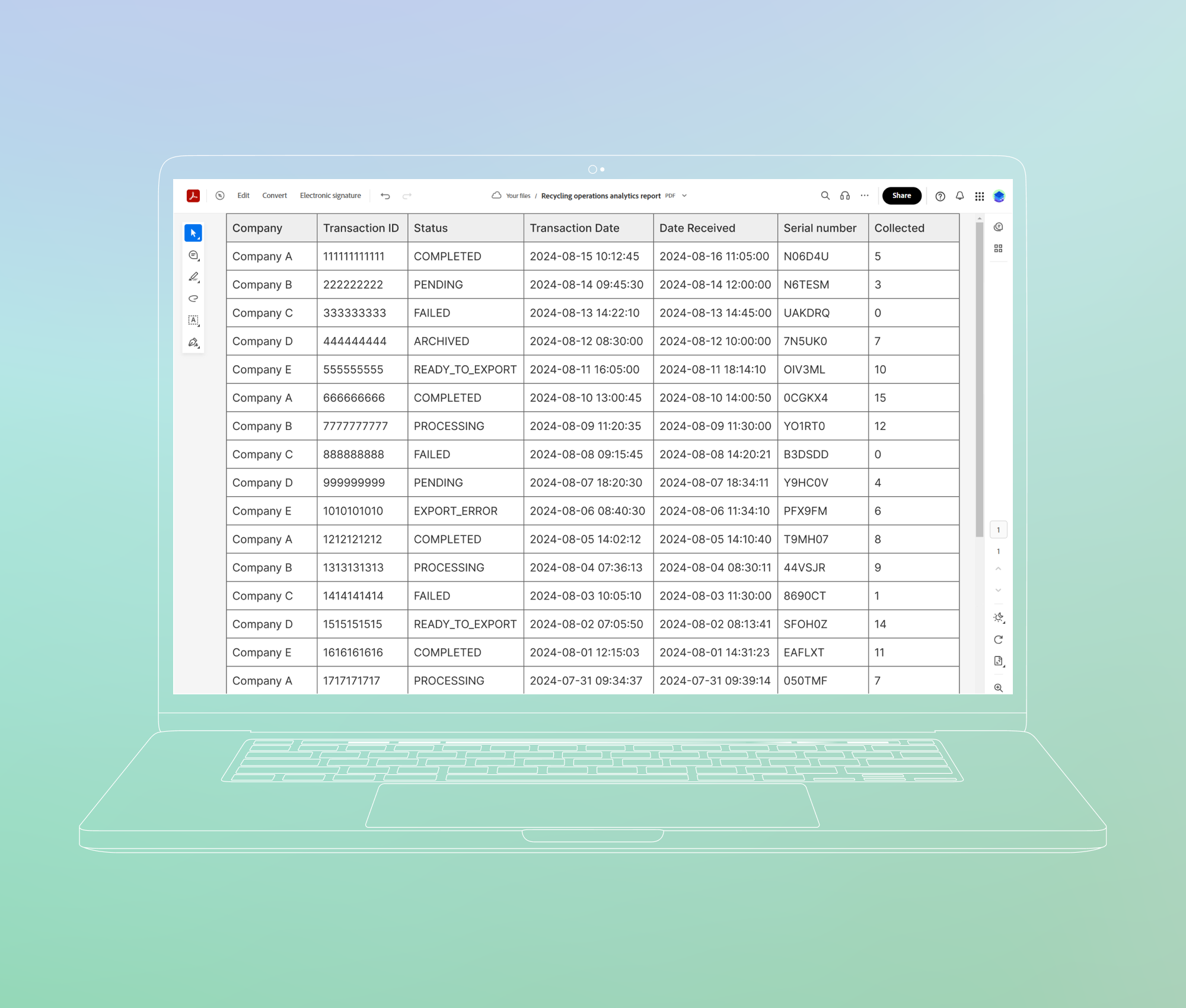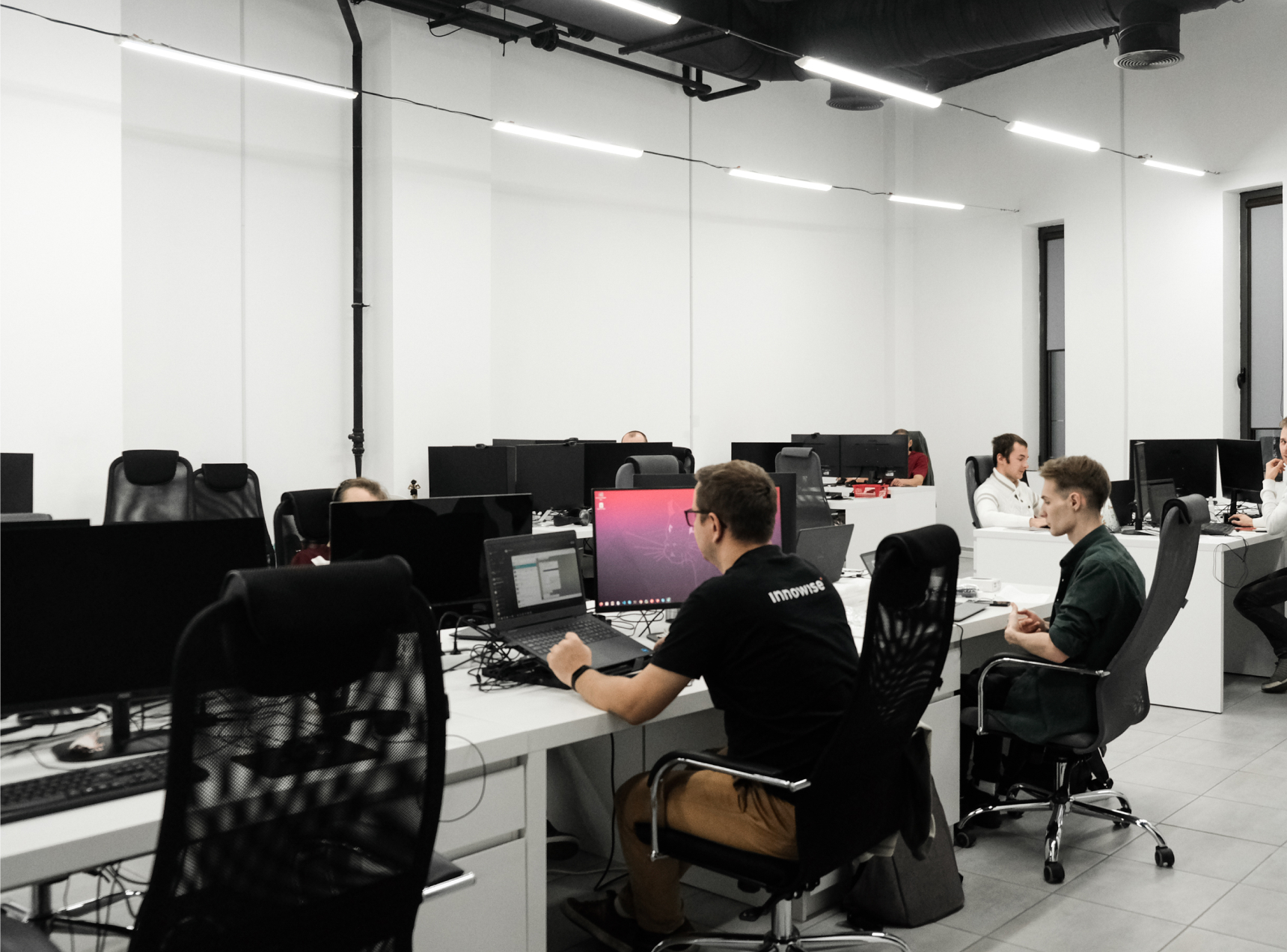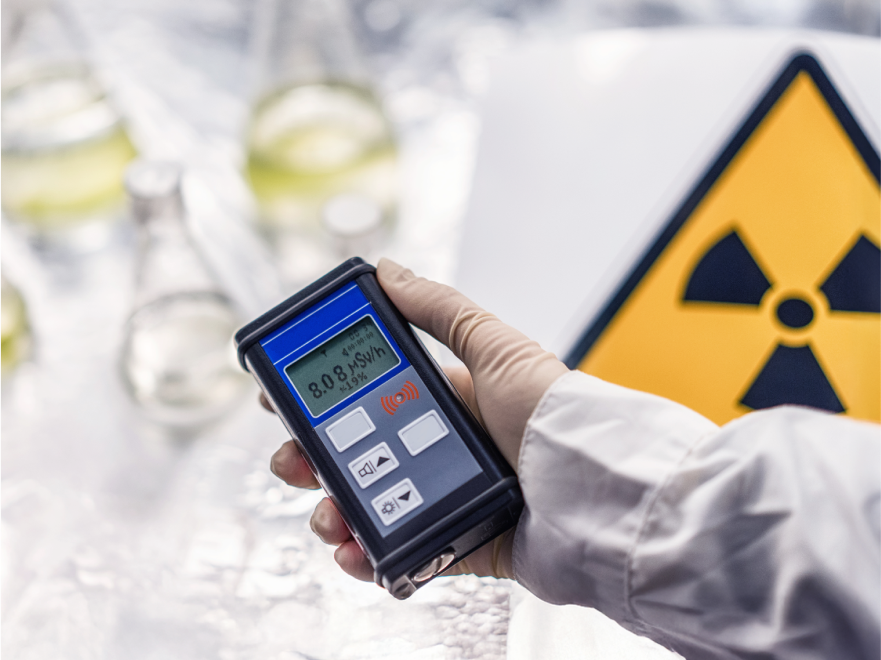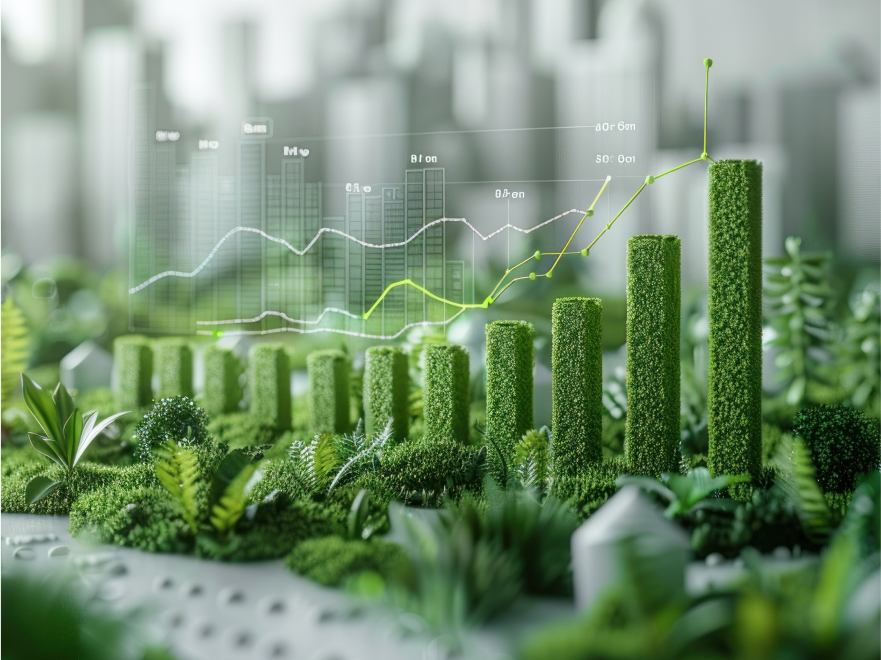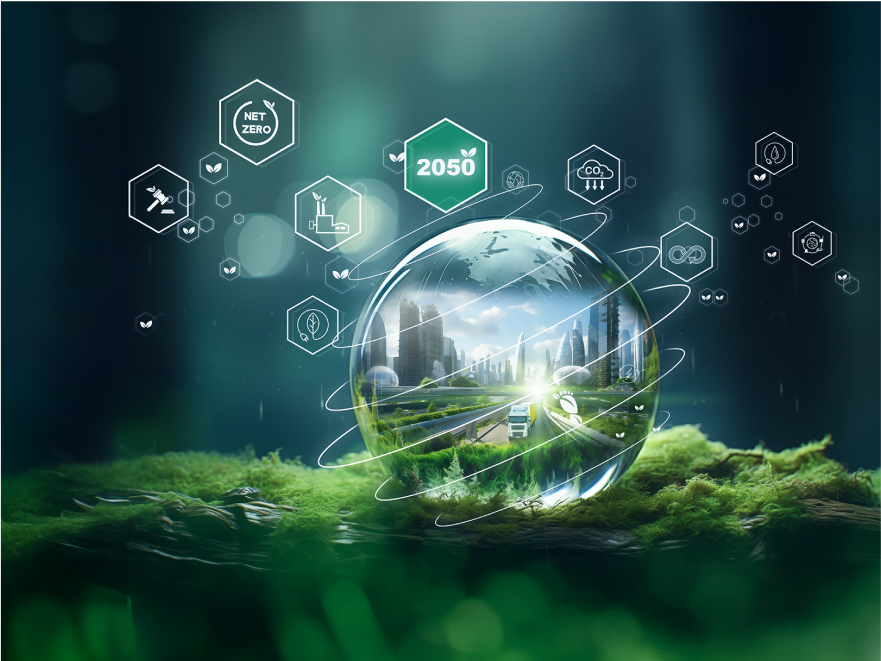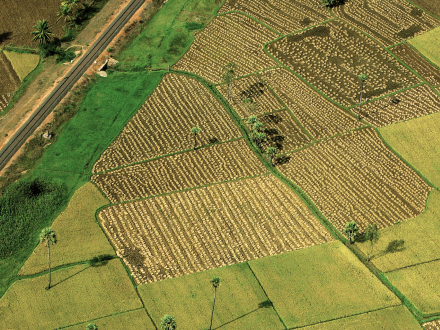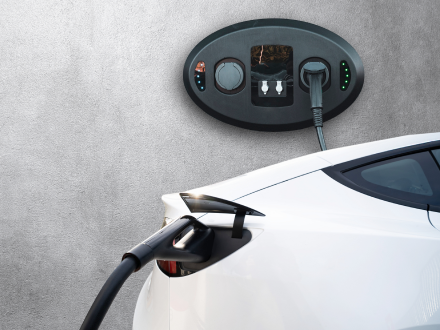Legg igjen kontaktinformasjon, så sender vi deg oversikten vår på e-post
Jeg samtykker i å behandle personopplysningene mine for å sende personlig tilpasset markedsføringsmateriell i samsvar med Retningslinjer for personvern. Ved å bekrefte innsendingen samtykker du i å motta markedsføringsmateriell.
Takk skal du ha!
Skjemaet har blitt sendt inn.
Mer informasjon finner du i postkassen din.
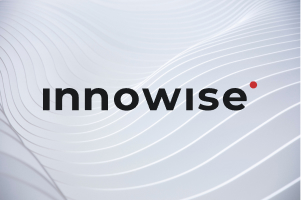
Innowise er et internasjonalt selskap som utvikler programvare for hele syklusen.
selskap grunnlagt i 2007. Vi er et team på mer enn 3,000+ IT-profesjonelle som utvikler programvare for andre
fagfolk over hele verden.
Leie dedikerte utviklere
Leie webutviklere
Leie mobilutviklere
Om oss
Tjenester
Teknologier
Bransjer
Portefølje
nb Norsk
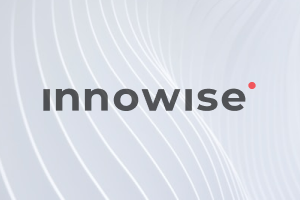
Innowise er et internasjonalt selskap som utvikler programvare for hele syklusen.
selskap grunnlagt i 2007. Vi er et team på mer enn 3,000+ IT-profesjonelle som utvikler programvare for andre
fagfolk over hele verden.
Leie mobilutviklere
